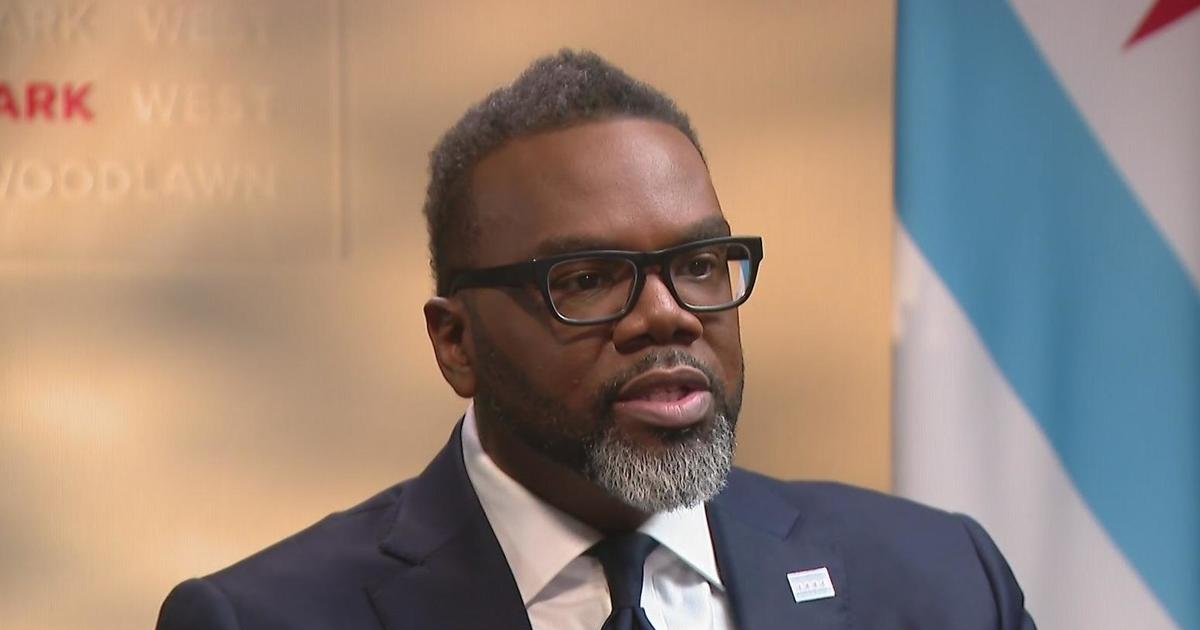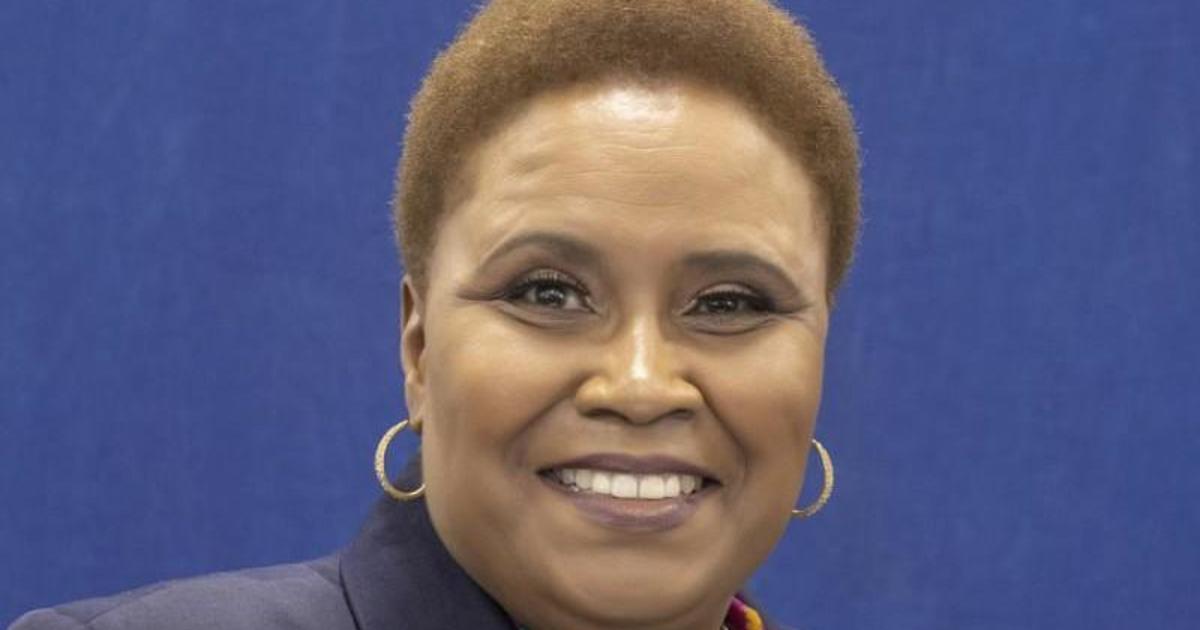New Pension Reform Bill Clears House Committee
UPDATED 05/29/12 - 6:52 p.m.
SPRINGFIELD, Ill. (CBS) -- A plan to cut government pensions and shift some retirement costs to schools has cleared its first hurdle in the Illinois Legislature.
A House pension committee approved the bill this morning to start it through the first of several steps it'll go through before Thursday night's adjournment deadline.
The measure would reduce annual cost-of-living increases for public employees, such as state workers, university staff and downstate teachers. It also gradually makes public schools and universities pay the cost of retirement benefits for their employees, as Chicago schools already do.
LISTEN: WBBM Newsradio's Dave Dahl reports
Podcast
CBS 2 Chief Correspondent Jay Levine reports the pension plan certainly has some opposition, from both Republicans and downstate Democrats who oppose the plan to shift pension costs for public schools from the state to local school districts, which would be forced to raise property taxes to fund pension costs that are now picked up by the state.
While the Illinois House was in session this afternoon, the real work was being done behind the scenes, where Gov. Pat Quinn and House Speaker Mike Madigan were working to round up enough votes to pass the measure through the full House.
"I think I enjoy the reputation as a friend of labor, I think," Madigan said at today's committee hearing.
The reaction from the gallery, packed with representations of organized labor, was underwhelming as if they knew what was coming next.
"Their cost of living adjustment in the future is not going to be as rich," Madigan said of the workers covered by the state's five pension funds.
Henry Bayer, executive director of AFSCME Council 31, which represents approximately 45,000 state and university workers, and another 13,000 retired workers, said, "This is a bad bill. It's not fair to employees, it's not fair to taxpayers."
Republicans have labeled the move to shift teacher pension costs from the state to local school districts a deal breaker.
House Republican Leader Tom Cross (R-Oswego) said "the speaker has put in something entirely, kind of, came out of left field, that says we're gonna allocate the responsibility to local schools. … You're hearing from both Democrats and Republicans in the suburbs and downstate. We're not going to support that, so the way he's drafted it, it's not gonna happen."
Cross implied that might be exactly what Madigan wants, so he can avoid reducing pension benefits for teachers, while pointing the finger at Republicans for opposing the pension shift, calling that proposal a "poison pill."
Tyrone Fahner, president of the Civic Committee of the Commercial Club of Chicago – who spearheaded the pension reform movement – remained optimistic.
reform movement remained optimistic.
"It's the time, and it's good legislation," he said.
If the proposal is sent to the House floor on Wednesday, debate could be intense, and passage is, at best, considered a long shot.
The bill would keep the retirement age at 65.
Under that plan, cost-of-living adjustments would only be modestly reduced, and employee contributions would rise 3 percent.
The plan would also limit public pensions to those who actually work in the public sector. It would also establish a 30-year "closed" actuarially-required contribution schedule to create a stricter system for funding.
Currently, the state pension systems are underfunded by $83 billion.
The American Federation of State, County and Municipal Employees, which represents most of the workers who would be affected, is poised to challenge any changes to the pension system.
Pension reform would be the final win in a remarkable trifecta for the governor, whose budget and Medicaid cuts were capped today by passage of a $1 per pack cigarette tax hike – bringing the state tax on cigarettes to $1.98 – a move aimed at both generating revenue, and cutting health care costs.



